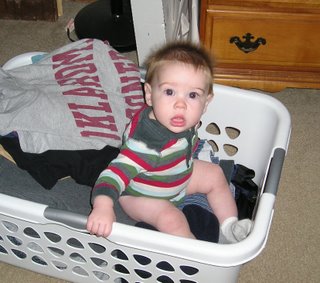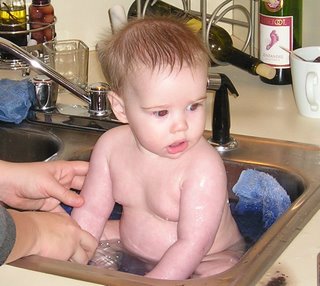But Charlotte is right (no matter why, which is another question), a young person
will seek out knowledge of "life". Men like Arthur Pendennis (see previous post) and women like myself often find this worldly knowledge in those who most obviously possess it (like the popular cheerleaders and confident, rich businessmen). Oftentimes these youth are disappointed and hurt by the results of first-hand knowledge of the world, and are grieved by the world's betrayal or rejection of them. "What can be done to fortify these against the special temptations that belong to their time of life?", Charlotte asks.
She suggests novels. An odd idea, I know. Yet, think about what a novel offers a young person: "Here is the very knowledge of life the young person craves; the personages of the novel play their parts before him, and he is admitted to greater intimacy with them than we often arrive at with our fellows...If the novelist moralise a little here and there, it is but to relieve his own feelings. He is not preaching to the young reader, to whom the lessons of life come home with illustrations never to be forgotten."
Not just any novel would offer us these kinds of "lessons of life" and knowledge that helps. Charlotte distinguishes between "sensational novels" (of which I've read my share: they evoked a blush from me much more than a contemplative "hmm") and "reflectional novels". "The reflectional novel is one which, like this of
Pendennis, awakens reflection with every page we read; offers in every character and in every situation a criterion by which to try our random thoughts or our careless conduct. If we bear in mind that the obvious reflection proposed to us is as vicious in its way as the sensation suggested, we shall find that this test––the property of arousing reflection––eliminates all flimsy work, and confines us to the books of our great novelists. "
Novels, if properly chosen, can bring about in our children (and ourselves!) a kind of reflection that leads to evaluation, and then change. Of course, reflection without a standard by which to judge it would be useless. And I think Charlotte assumes that. If your children read about a slothful boy who becomes desolate and poor, you want them to be hard workers after reading that book. Making sure their minds are filled with "he who does not work does not eat" and "work in all things as unto the Lord" will help, I think.
All this is why I want Joseph to be exposed to the best literature we can find. I want him to meet all sorts of people who inspire him, educate him, enlighten him. Characters who will show him all the sorts of goodness in this world, and the evil. But there are objections to this method of education. Even in the 19th century, mothers were still saying, "'I have striven to bring up my family in innocence, and wish to keep them still from that very knowledge of life which novels offer'" (374). This is a particularly popular view in mainstream churches. Mothers (and fathers, too, I suppose) don't want their children exposed to "secular" anything because they fear that knowledge of the world will rob them of their innocence.
It's a fair objection to pose. Yet "
we must remember that ignorance is not innocence, and also that ignorance is the parent of insatiable curiosity" (375). It's one thing to pollute yourself with the world by drinking deeply of its knowledge, for "it is shameful to even mention what the evil do in secret" (Ephesians 5: 12). We should not discuss/describe/ponder all the details of sin. Examples of this (I think), are sex education in public schools. Or the "sensational" novels that have breathy descriptions of being in rapturous love (even in some "Christian" romance novels) that tempt us to want to feel as the characters do. Or the graphic descriptions of the lives of drug addicts. If all a novel does is portray sin in a way that appeals to your
emotions, tickles your ears, or encourage morbid fascination, then of what value is it?











